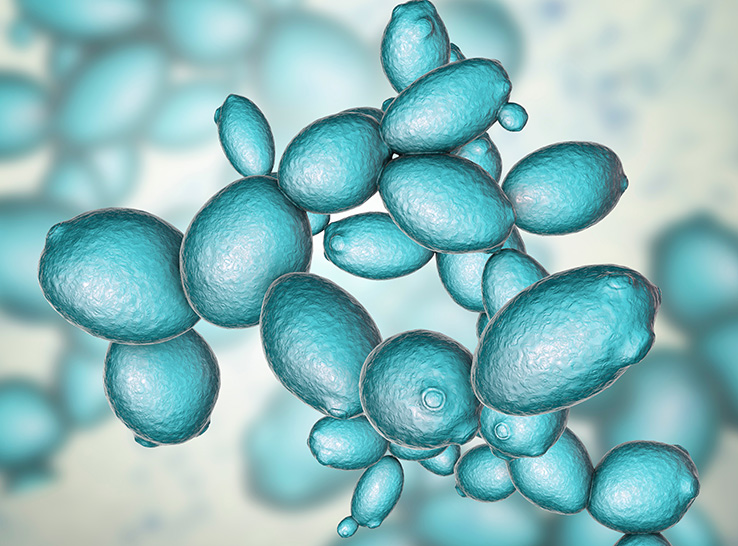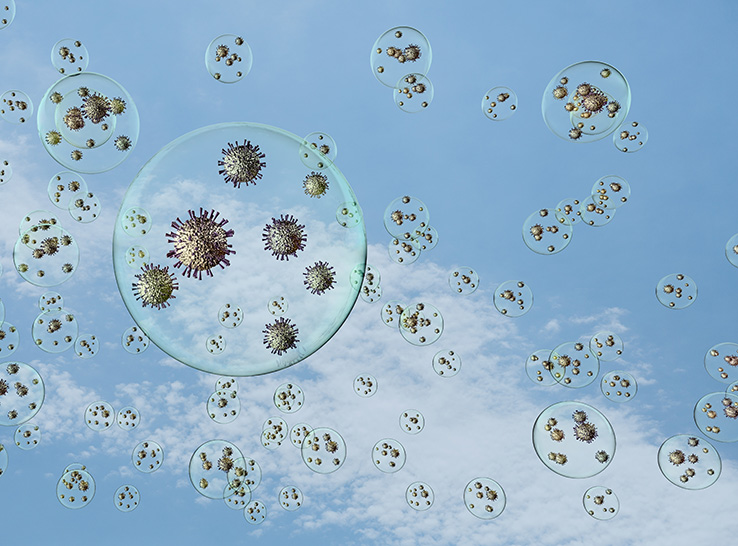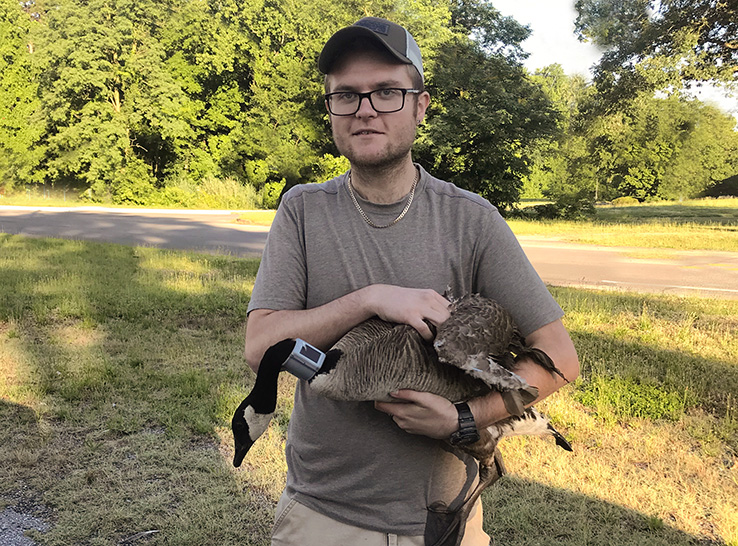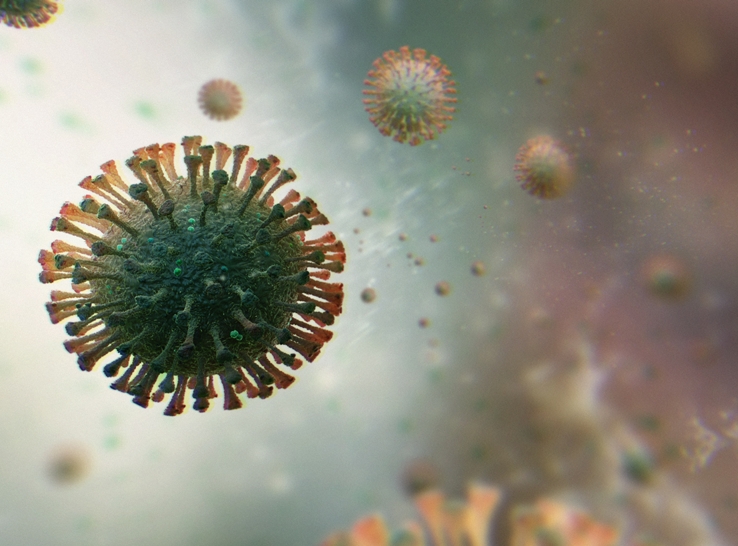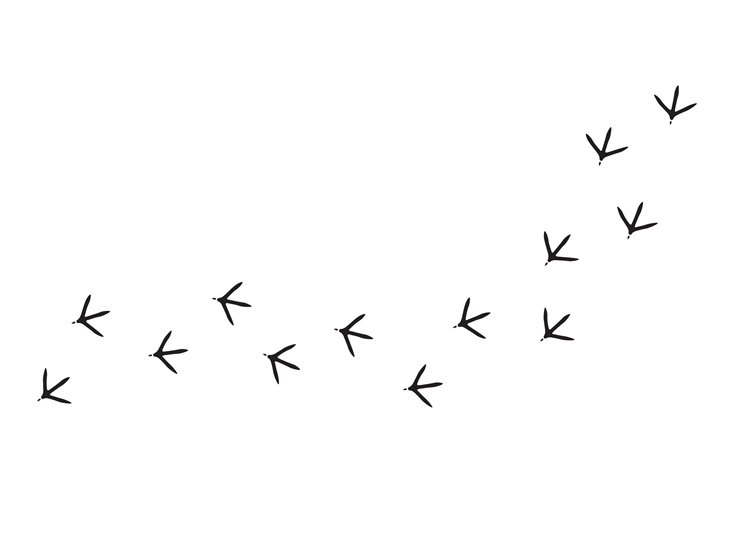Evidence that airborne spread of highly pathogenic avian influenza (HPAI) is possible near flocks of wild birds underlines that even extreme biosecurity won’t completely protect turkeys and egg-production flocks, according to an industry commentator.
With recent research detecting multiple strains of HPAI in ambient air samples near wild-bird flocks,1 and isolations increasing in frequency with bird concentration, vaccination should be used as an added protection in conjunction with biosecurity, said poultry consultant Simon Shane, DVM, PhD.
In an editorial on his EGG-NEWS website, Shane suggested that “avian influenza is the Newcastle disease (ND) of the 2020s,” in the sense that ND was as commercially significant in the 1960s and ‘70s as HPAI is now and was ultimately brought under control by widespread incorporation of vaccination programs.
“It is questioned as to how long APHIS can pursue a program of ‘whack-a-mole’ control without accepting the necessity for vaccination on a regional basis for turkeys and egg-production flocks,” he said, referring to USDA’s Animal and Plant Health Inspection Service.
Vaccination slowly becoming global norm
While Shane accepted the concerns of the broiler industry over potential export issues related to vaccination, he noted that more nations are adopting preventive vaccination in the face of this worldwide threat — an approach endorsed by the World Organisation for Animal Health.
“Serious consideration should be accorded to establishing immune populations in high-risk states,” he stressed. Although giving APHIS credit for initiating vaccination field trials, he warned against trials being used as a “delaying tactic.”
“Costs to the public sector for indemnity and control and to consumers who will pay more for eggs are also financial considerations in developing a national strategy to suppress HPAI, with no prospect of long-term eradication,” he added.
Airborne-sampling tests needed
Industry consultant and HPAI expert David E. Swayne, DVM, PhD, shares Shane’s view that vaccines have a bigger role to play.
“Vaccination for HPAI has demonstrated benefits in preventing or greatly suppressing infection in poultry and stopping farm-to farm-spread,” he told Modern Poultry. “This underutilized tool can add another layer of protection on top of biosecurity and movement controls to reduce and prevent HPAI outbreaks.”
Proper surveillance is critical to support any vaccination effort, he stressed, while investigations should be carried out to determine the effectiveness of air sampling in wetland areas at times of migratory-bird arrival, compared to established sampling methods.
“High sensitivity of the sampling method is critical in determining the presence and prevalence of avian influenza viruses and identifying the subtypes of avian influenza viruses present, “ Swayne said. “Such information is important for developing intervention strategies to prevent exposure of poultry in the area and effectively communicating an intervention strategy.”
1 Zhang JL, et al. Airborne Avian Influenza Virus in Ambient Air in the Winter Habitats of Migratory Birds. Environ Sci Technol. 2022;56(22):15365-15376

